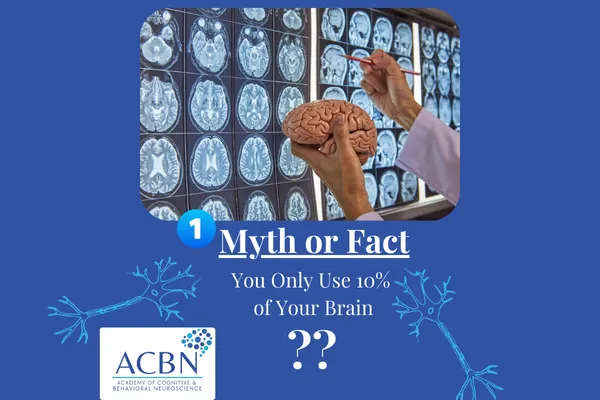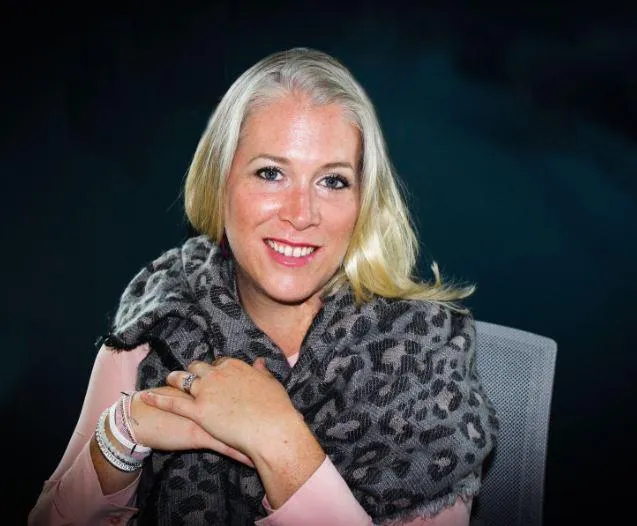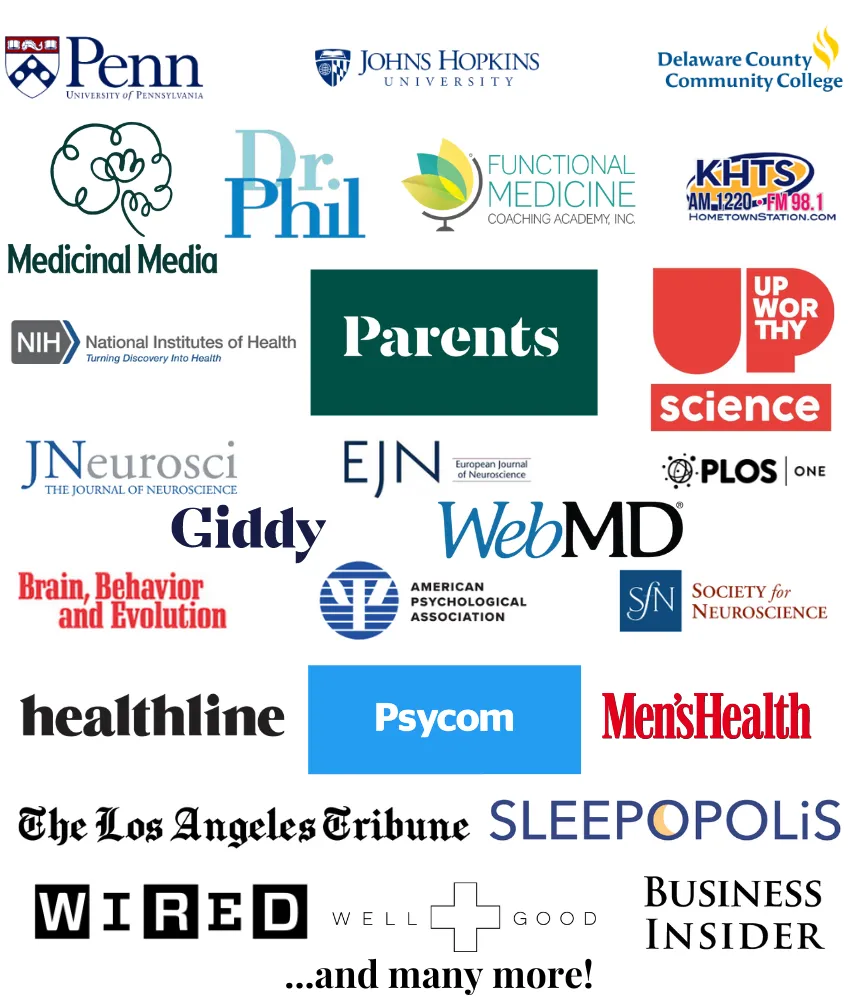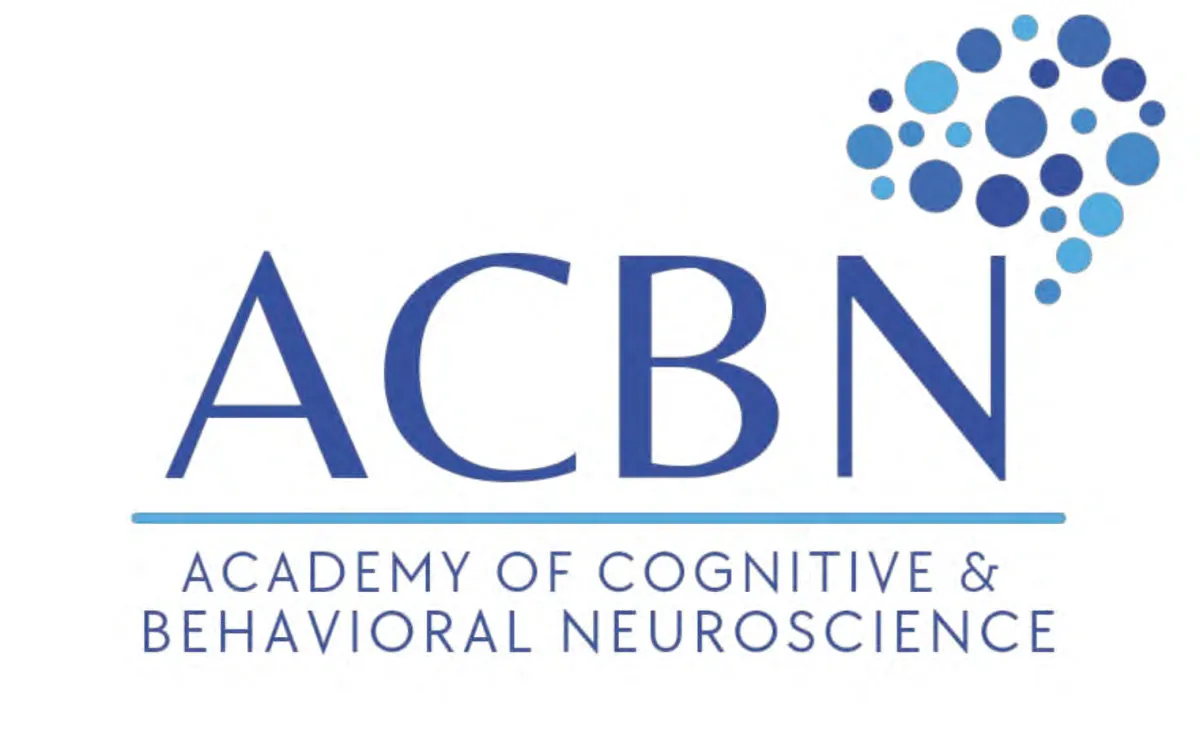
Welcome to Neuroscience Nuggets, your treasure trove of brain science knowledge designed to unlock the secrets of personal and professional growth! If you've ever been curious about the power of the brain and how it influences our thoughts, emotions, and behaviors, you're in the right place!!
Neuroscience, the captivating study of the brain and nervous system, offers a goldmine of insights to enrich our lives and those of our clients. At Neuroscience Nuggets, we're dedicated to making brain science approachable, exciting, and applicable in all aspects of your journey. Whether you're seeking to nurture your own well-being or enhance your professional practices, our nuggets of wisdom will equip you with practical tips, strategies, and evidence-based approaches to empower yourself and your clients.
Join us as we embark on an exhilarating adventure into the realm of neuroplasticity—the brain's remarkable ability to change and adapt. Together, we'll explore how harnessing neuroscience can lead to personal fulfillment, enrich your relationships, and supercharge your professional impact. So, grab your pickaxe and get ready to dig deep into the world of neuroscience nuggets. Let's unlock the untapped potential of the brain and unearth the pathways to personal and professional growth together. 🌱🌟

Brain Myths Busted: 5 Things You Thought Were True (But Aren’t!)
For decades, brain myths have shaped the way we think about intelligence, learning, and mental health. But, scientific advancements tell a different story. Let’s separate fact from fiction as we debunk five of the most common brain misconceptions!
Myth #1: You Only Use 10% of Your Brain
The Truth: You use 100% of your brain—just not all at once.
Picture this: You’re handed a state-of-the-art smartphone, but someone tells you it only works at 10% capacity. Would you believe them? Probably not. Yet, the myth that we only use 10% of our brains has persisted for over a century—despite being thoroughly debunked by neuroscience.
Brain imaging studies using fMRI and PET scans show that even simple tasks activate multiple brain regions. Whether you're brushing your teeth or having a conversation, your brain is firing on all cylinders. Even in sleep, your brain is busy processing emotions, consolidating learning, and clearing out toxins.
So why does this myth persist? Perhaps because the idea of "unlocking hidden potential" is enticing. And while we do have untapped cognitive abilities, it’s not because 90% of our brain is idle—it’s because neuroplasticity allows us to reshape and strengthen neural connections with learning and practice. So, the real untapped potential of your brain isn’t about how much of it you use, but how well you train it.
Myth #2: The Brain Is Hardwired and Cannot Change
The Truth: Your brain is adaptable throughout your entire life.
The idea that our brains are set in stone—unchanging and unyielding—is a misconception that has held many people back. The truth? Your brain is designed to adapt.
Your brain is a dynamic, living system, constantly reshaping itself in response to experiences, thoughts, and behaviors. This ability, known as neuroplasticity, allows neurons to form new connections, strengthen existing pathways, and even reroute functions after injury. This is how stroke survivors relearn to speak, how habits are broken and rebuilt, and how lifelong learning remains possible at any age.
Picture this: Imagine a person who, for years, believed they weren’t “good at math.” Every failure reinforced the idea that their brain just wasn’t wired for numbers. But then, with the right strategies—practice, visualization, and positive reinforcement—they started to improve. Their neurons formed stronger pathways, and over time, what once felt impossible became second nature. This isn’t just motivation; it’s science in action!
How to Rewire Your Brain:
Learn something new daily—like a language, instrument, or sport.
Reframe negative thoughts; your brain believes what you tell it.
Stay physically active—exercise fuels brain adaptability.
Embrace challenges—mistakes help reinforce learning.
Myth #3: Left-Brained People Are Logical, Right-Brained People Are Creative
The Truth: Both hemispheres work together in all cognitive functions.
You’ve probably heard it before—some people are “left-brained,” analytical and logical, while others are “right-brained,” artistic and imaginative. It’s a neat idea, but it’s not how the brain actually works!
Your brain isn’t divided into a logic side and a creativity side. Instead, both hemispheres work together in a beautifully intricate dance. While certain functions are more dominant in one hemisphere (like language in the left and spatial awareness in the right), creativity, reasoning, problem-solving, and even emotions rely on a networked collaboration between both sides.
Consider a musician composing a song. Logic (left hemisphere) helps structure chords and timing, while creativity (right hemisphere) fuels the melody and emotion. Or take a scientist: Creativity is essential for generating hypotheses, while logic tests and refines them. The most powerful thinking happens when both hemispheres work in harmony.
How to Tap into Your Whole Brain Potential:
Challenge Yourself: If you lean toward logic, try an artistic hobby. If you’re creative, practice structured problem-solving.
Think in Analogies: Find connections between unrelated ideas to boost innovation.
Engage in Cross-Training: Write with your non-dominant hand, learn an instrument, or solve puzzles to activate both hemispheres.
Mindfulness & Reflection: Self-awareness strengthens the brain’s ability to integrate logic and creativity.
Myth #4: You Cannot Grow New Neurons After Childhood
The Truth: Adults continue to generate new brain cells through neurogenesis.
Many people believe that once we reach adulthood, our brain’s growth grinds to a halt—that we’re left with only the neurons we had as children, and any damage is permanent. But neuroscience research tells a different, far more hopeful story.
Your brain is not a fixed structure—it’s an evolving, adaptive system. Thanks to a process called neurogenesis, your brain continues to generate new neurons, particularly in the hippocampus, a region critical for learning, memory, and emotional regulation.
This means that even as an adult, your brain is capable of renewal, adaptation, and change. Think of it like a garden: new seeds (neurons) can sprout, existing plants (neural pathways) can grow stronger, and with the right care, the entire ecosystem can thrive.
If you’ve ever struggled with memory lapses or felt stuck in old thinking patterns, you might have wondered: “Is my brain just… done?” The answer is no—you have the power to stimulate neurogenesis and enhance cognitive function at any age.
How to Support Neurogenesis:
Stay Curious: Learning new skills—like a language or instrument—fuels neurogenesis.
Exercise regularly—especially aerobic activities like running or swimming, as they stimulate brain-derived neurotrophic factor (BDNF), a protein essential for neuron survival and growth.
Prioritize sleep to aid memory consolidation and cell repair.
Eat brain-boosting foods rich in omega-3s, flavonoids, and antioxidants which promote brain cell growth
Reduce Stress - Chronic stress can hinder neurogenesis, while mindfulness and meditation can enhance it.
Myth #5: Chronic Stress Only Affects Mood, Not the Brain
The Truth: Chronic stress physically changes brain structure.
Chronic stress doesn’t just impact your mood—it affects your brain’s physical structure and function, too. Many of us are familiar with that feeling of being overwhelmed, but did you know that long-term stress can actually shrink areas of the brain involved in memory and learning, like the hippocampus?
Many people say they can’t focus or their memory feels foggy during stressful times. This isn’t just emotional—it’s neurological. Chronic stress elevates cortisol levels, a hormone that, when produced in excess, damages neurons and hinders neurogenesis (the formation of new brain cells). This can lead to difficulty recalling information, retaining new knowledge, and maintaining mental clarity. It’s as though stress creates a cloud that disrupts your brain’s ability to process and store memories effectively.
But there’s hope! While prolonged stress can affect brain health, the brain is remarkably resilient. You can protect and even repair your brain by practicing stress-reducing techniques.
How to Protect Your Brain from Stress:
Practice mindfulness to counteract cortisol’s effects.
Engage in physical activity—exercise reverses stress-induced brain changes.
Get enough sleep—rest is critical for brain repair and resilience.
Connect with others—social interaction promotes emotional well-being and cognitive health.
Over time, these actions can help restore the hippocampus and improve cognitive functions.
To understand the neuroscience of stress and get more stress busting tips, grab the popular Stress and the Brain course from ACBN here: https://www.academyofneuro.com/stress-brain
Final Thoughts
Understanding how your brain truly works empowers you to optimize its function. By challenging these myths and applying neuroscience-backed strategies, you can improve cognitive performance, enhance learning, and protect long-term brain health.
Want to dive deeper?
Connect with me at https://academyofneuro.com and join my mailing list or schedule a complimentary Discovery Call! I'd love to connect on Social Media too!

Meet Your Blogger
Dr. Hayley Nelson earned her PhD in Psychological and Brain Sciences from The Johns Hopkins University, is a tenured professor of Psychology in the Philadelphia area, and is an international speaker. She has over 20 years of teaching experience with students from diverse backgrounds, has several peer-reviewed research publications and previous research and faculty appointments with The National Institutes of Health, The Johns Hopkins University, and The University of Pennsylvania.
If the idea of learning about the brain and neuroscience feels overwhelming and intimidating, Dr. Hayley is the perfect neuroscientist for you. She's a busy mom of 2 with a great sense of humor, and she prioritizes bringing some fun and compassion to a field that can feel a little "hardcore". You can expect lots of real world experiences and examples and an open, caring learning environment where there are no stupid questions. Listening to one of Dr. Hayley's discussions feels more like a conversation with a family member (a really smart family member).
By creating the Academy of Cognitive and Behavioral Neuroscience, Dr. Hayley Nelson combined her knowledge of the human mind and brain health with her passion for education, teaching, and consulting to truly make neuroscience approachable. Her students learn easy-to-swallow knowledge of how the brain works in real-life situations and are armed with an education in a subject they can use literally every single day. Not only that, they gain the power to serve their clients better and create an environment for their communities to thrive.
Dr. Hayley's Featured Contributions, Publications, and
Faculty & Research Appointments

With a Certification in Cognitive & Behavioral Neuroscience, you will gain the confidence to speak with authority about HOW & WHY what you teach your clients actually works.
Neuroscience feels intimidating, and perhaps you've always thought that you're not positioned to be an authority on the science behind what's happening in your client's brain. Dr. Hayley Nelson founded the Academy of Cognitive & Behavioral Neuroscience, and she designed this Certificate Program with one goal in mind:
To make neuroscience approachable for professionals who want to distinguish themselves from others in their field with a unique and comprehensive understanding of the latest research and innovative techniques in neuroscience, and earn a highly respected certification in cognitive and behavioral neuroscience that sets them apart as a true expert in their field.
After completion of the certificate, students will uncover a newfound sense of confidence and neuroscience knowledge, will stand out in their industry by offering something unique to their clients, gain credibility, better serve their existing clients, and be positioned to take on more clients best suited for their programs.
Have questions about the Certification Programs from Dr. Hayley and
The Academy of Cognitive and Behavioral Neuroscience (ACBN)?
Want to book a 1-on-1 Office Hour consultation with Dr. Hayley?
Want to See What it's Like to Learn from Dr. Hayley?
Want to Stay in the Loop with Dr. Hayley and ACBN?
Connect directly with Dr. Hayley!
Click the blue chat bubble in the right-hand corner of the screen to get in touch with me, or connect with me on social media.





